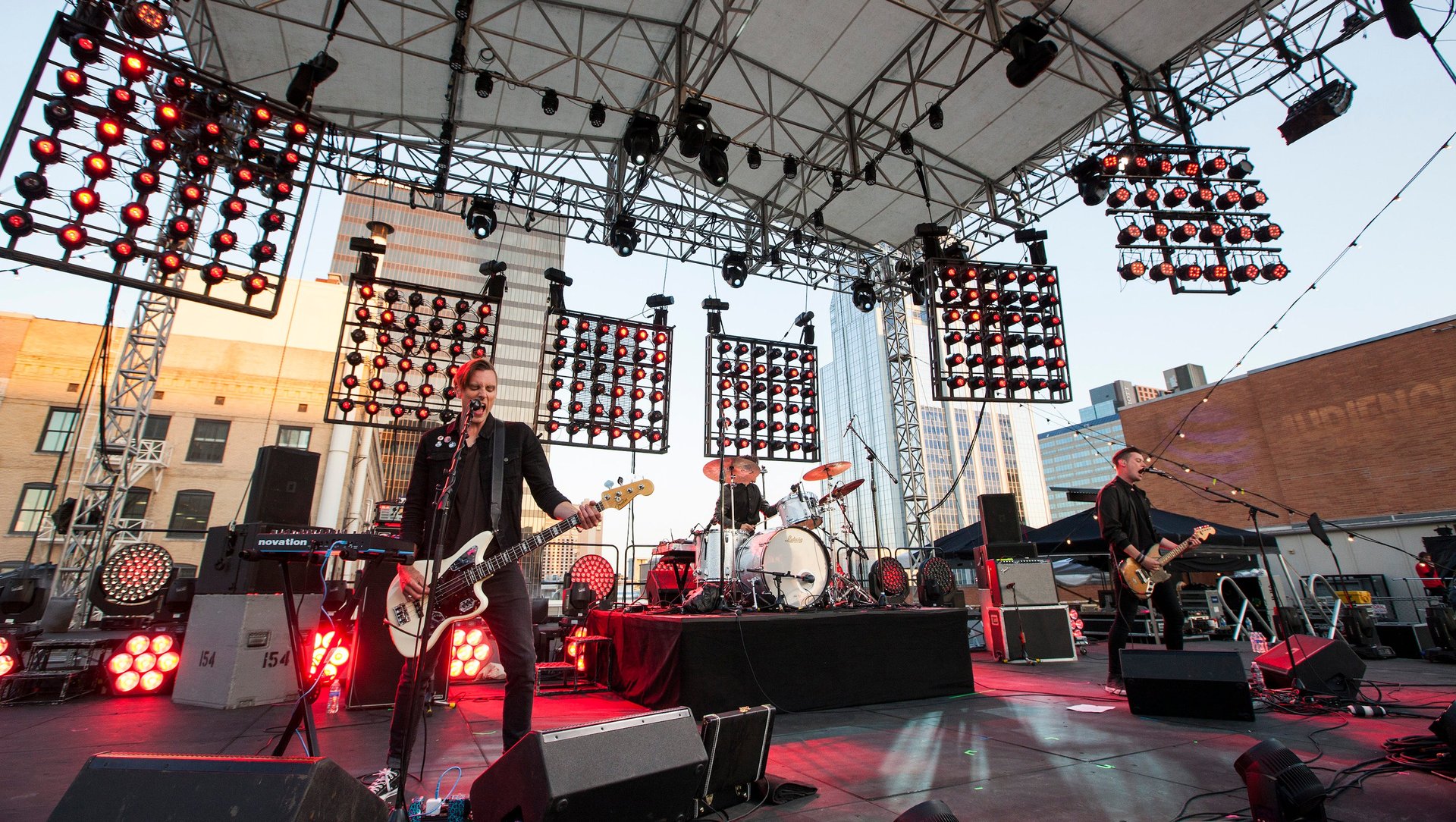SXSW’s immigration clause is tone-deaf and unnecessary. But people are still wildly overreacting
It’s #deleteUber all over again.


It’s #deleteUber all over again.
South by Southwest (SXSW), an annual music and technology conference in Austin, Texas, that draws more than 2,000 acts and 50,000 attendees from around the world, was bombarded by abrupt online outrage this week after an indie musician tweeted a part of the festival’s performance policies that pertains to international artists. Per the contract, if artists from outside the US violate the festival’s rules—such as by putting on unauthorized shows—SXSW “will notify the appropriate US immigration authorities.”
The backlash was swift, and savage. Tweets from Brooklyn artist Felix Walworth—”I’m not interested in aligning myself with an institution that interacts with immigration authorities as a means of controlling where art is shared and performed, and who makes money off of it,” the musician said—went viral. Within 24 hours, several other musicians had sent SXSW a letter demanding that the festival drop the clause from its contract, citing concern over its effects under US president Donald Trump’s sweeping new immigration restrictions. Across Twitter and Facebook, a cascade of righteous rants called out SXSW organizers for being “pathetic,” “imperialist,” “hollow narcs,” and “colluding with immigration officials to put performers in danger.”
But what was SXSW’s actual crime? Forgetting about the optics.
According to SXSW managing director Roland Swenson, the festival has had the immigration clause in its policy for five years. The rule is a safeguard, Swenson told the Austin Chronicle, “intended for someone who does something really egregious like disobeying our rules for pyrotechnics, starts a brawl in a club, or kills somebody.” He noted SXSW has never had to enforce the rule, adding, bluntly: “You have to really fuck up for us to do this stuff.”
On the whole, SXSW also stands explicitly against Trump’s immigration ban. When the president unveiled his first set of policies in January, the festival instantly reacted with alarm. “Participation by speakers, artists, and filmmakers from around the world is crucial to the creative mix of ideas that makes our event meaningful,” organizers said. The festival is even putting on a showcase dedicated to artists from countries targeted by Trump’s travel ban.
More important, SXSW’s clause doesn’t so much issue a deportation threat on foreign artists as make sure they abide by the terms of their own visas. When musicians from outside the US come to the festival, most do so under a special visa waiver that lets them perform only at official SXSW events—meaning they aren’t supposed to put on any unauthorized shows. (For that, they’d have to obtain a separate, and expensive, US work permit.) While SXSW may not have needed to spell out exact restrictions in its contract, with punitive, harsh-sounding language no less, such practice is standard cover-your-back procedure for the organization of any large-scale event. The SXSW policy doesn’t try to impose rules on foreign artists outside of the ones already mandated by US law.
What the whole debacle has made explicitly clear is that, in today’s unusually strained political climate, any small event can spark outrage—however misdirected—by tapping into righteous liberal anger. While Uber’s backlash stemmed from a misunderstanding of the company’s actions, SXSW’s controversy arose entirely out of inaction. Says Swenson, “I think that everybody has figured out that a quick way to get your name out there is to accuse us of conspiring with immigration authorities.”
Perhaps a quick way to make a buck, too. The pinned message at the top of Walworth’s Twitter page is a promotion of a new album.